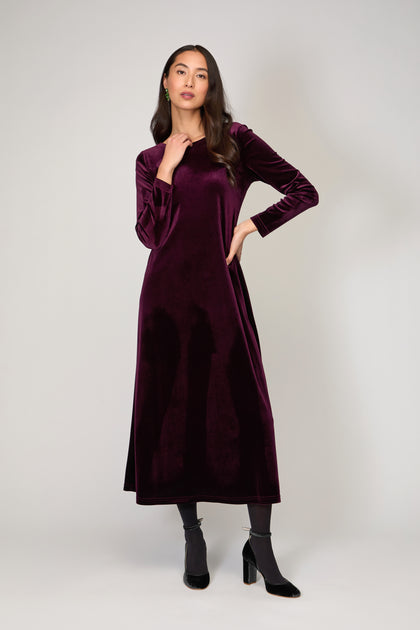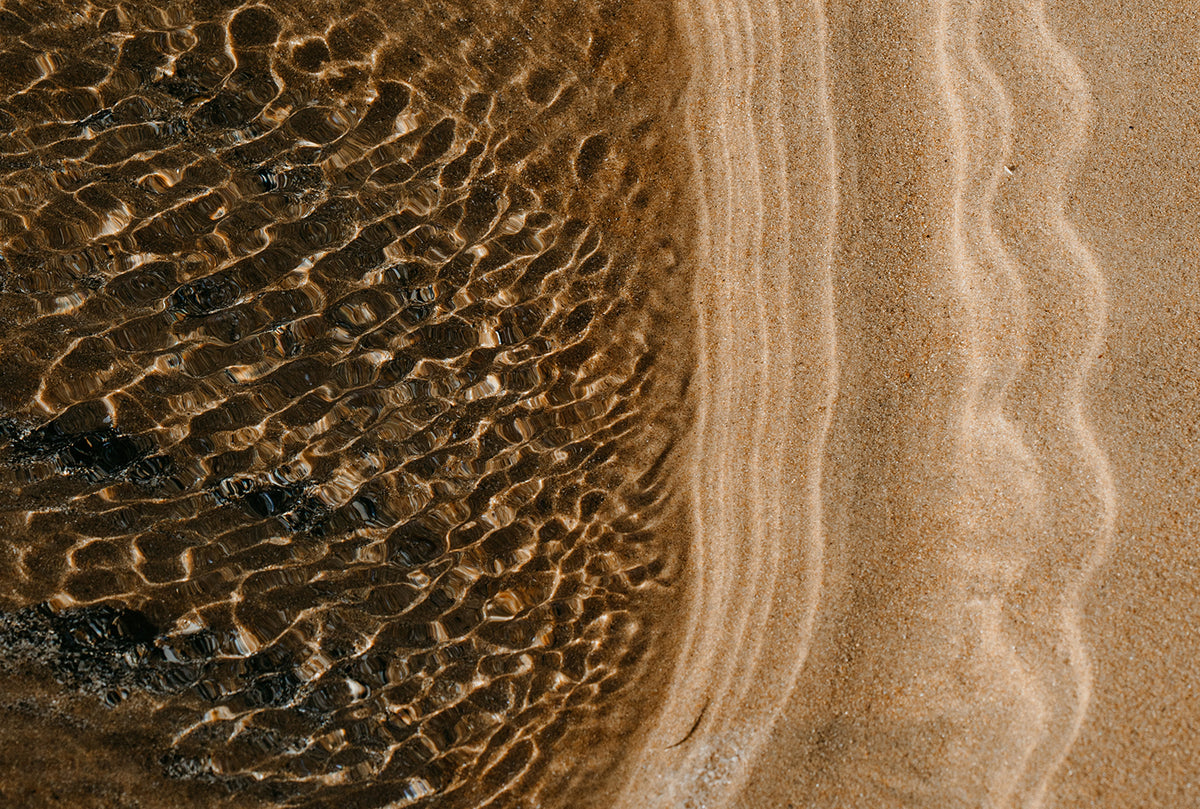
Fabric & Fibres
Since our very first community workshop in Bali, we’ve been committed to making beautiful clothes in an ethical, sustainable way that protects the environment and the communities of people we work with. That's why we prioritise using materials that are kind to both the planet and its people, such as organic cotton, silk and linen as well as innovative fabrics such as LENZING™ EcoVero™. We carefully consider each step of our supply chain to ensure that our fabrics are sourced and produced in a responsible way, with minimal impact on the environment.
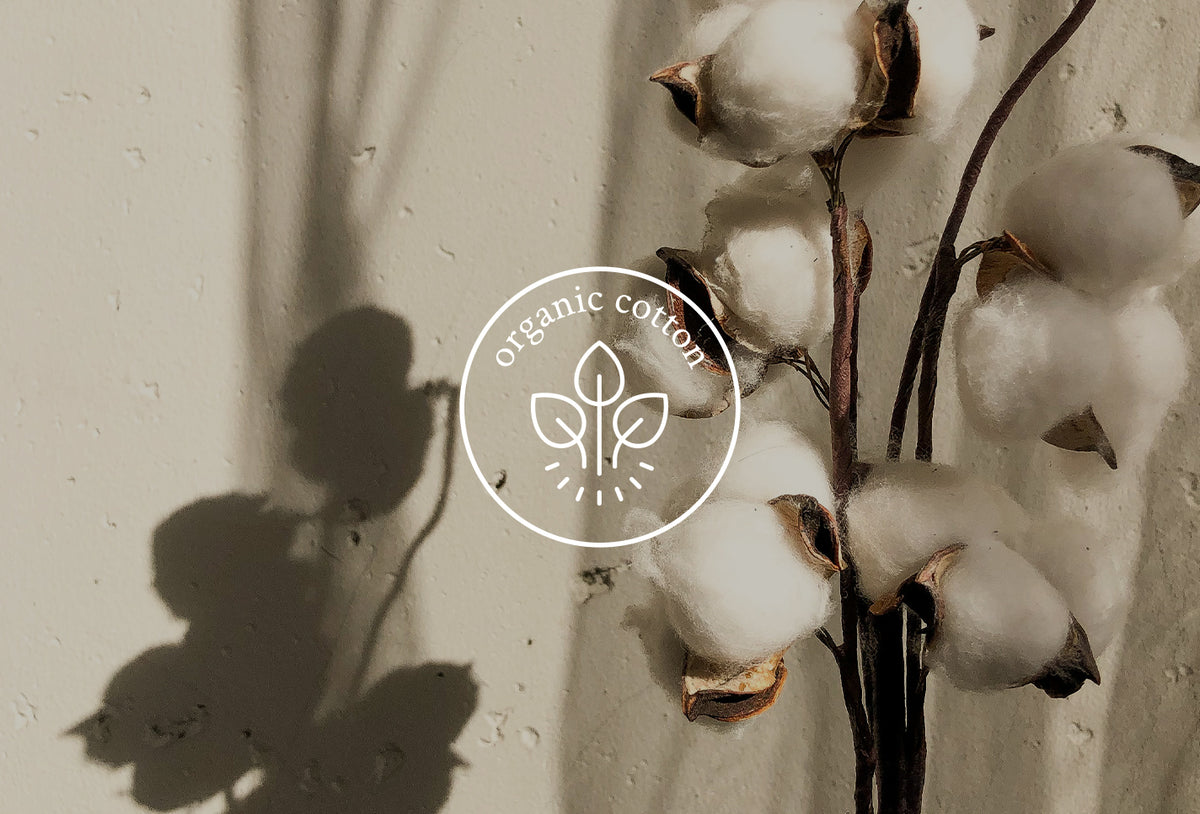
Nurture Softness & Durability
Organic Cotton
It shines as a prime material for clothing creation, offering unparalleled breathability while also featuring a transparent supply chain. To care for your cotton garments, machine wash them on a gentle cycle with cold water. Use a mild detergent and avoid harsh bleaching agents. When drying, tumble dry on a low heat setting or air dry in the shade. Iron on a medium heat setting to smooth any wrinkles. To maintain the vibrancy of colours, wash dark and light cotton items separately.
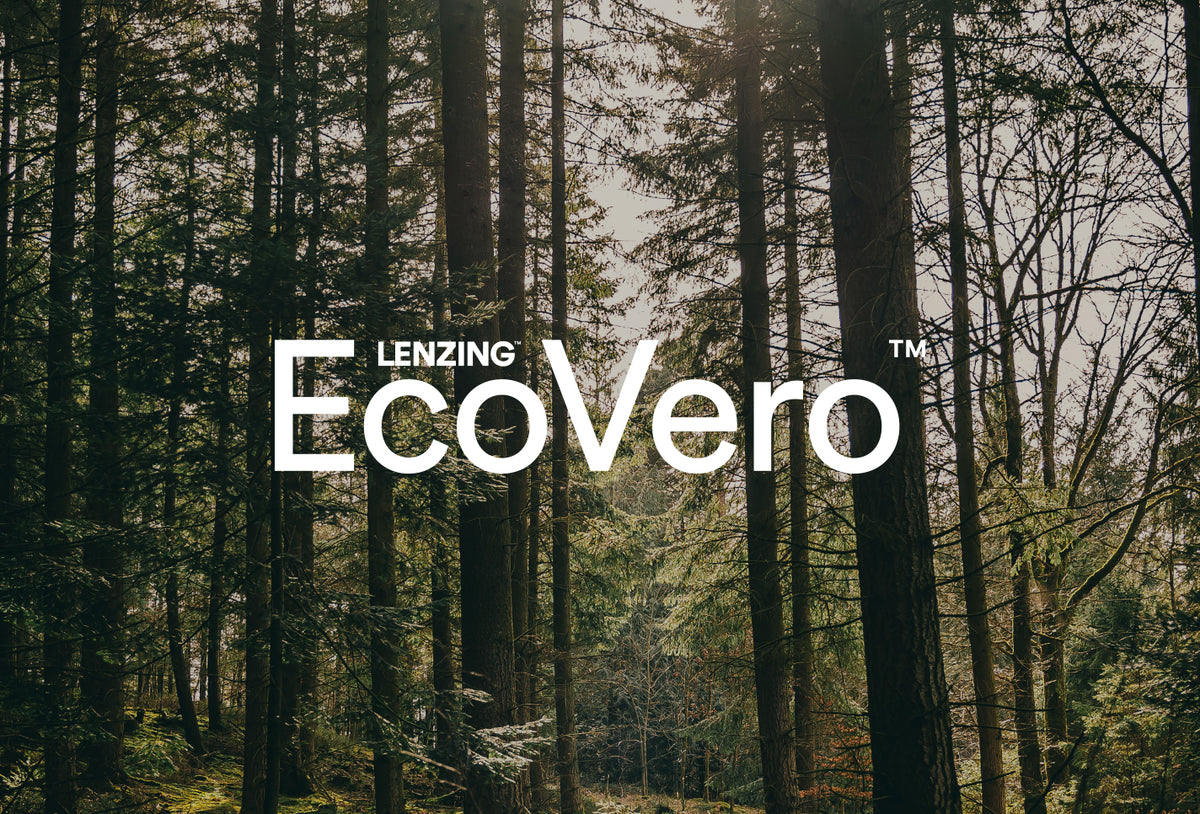
Sustainably Luxurious
LENZING™ EcoVero™
Lenzing Eco Vero is the trademark name for specific quality of eco-friendly viscose. This beautiful fabric has a silky quality with a beautiful drape, it's easy to care for and can be either machine or hand-washed. We recommend washing on a cool cycle of 30 degrees with a non bio detergent. Reshape while damp. Dry flat or hang to air dry away from direct sunlight to prevent any potential colour fade. Iron on a warm setting on the reverse side of the fabric. Garments can be stored hanging or folded.

Lightweight & Flowing
Viscose
Standard viscose, much to the surprise of many is actually derived from plant-based cellulose via a meticulous process. It lends itself to all-occasions clothing and has a luxe feel with beautiful drape. When combined with other fibres, viscose can transform a stiff fabric into one that drapes. When combined to create our twisted linen it prevents the linen from creasing so readily, making it a great fibre for holiday wardrobes. Viscose is easy to care for and can be either machine or hand-washed. We recommend washing on a cool cycle of 30 degrees with a non bio detergent. Reshape while damp. Dry flat or hang to air dry away from direct sunlight to prevent any potential colour fade. Iron on a warm setting on the reverse side of the fabric. Garments can be stored hanging or folded.

Softness and Silky Smoothness
TENCEL™ Lyocell™
TENCEL™ Lyocell, crafted through an eco-friendly closed-loop process that transforms sustainably sourced wood pulp into fibres, not only showcases dedication to environmental preservation but also yields supremely soft and breathable fabrics. TENCEL™ Lyocell™ garments should be machine washed on a gentle cycle with cold water and mild detergent. Avoid using bleach or harsh chemicals. To maintain its softness, tumble dry on a low heat setting or air dry. If ironing is required, do it while the fabric is slightly damp using a low to medium heat setting on the reverse of the fabric.
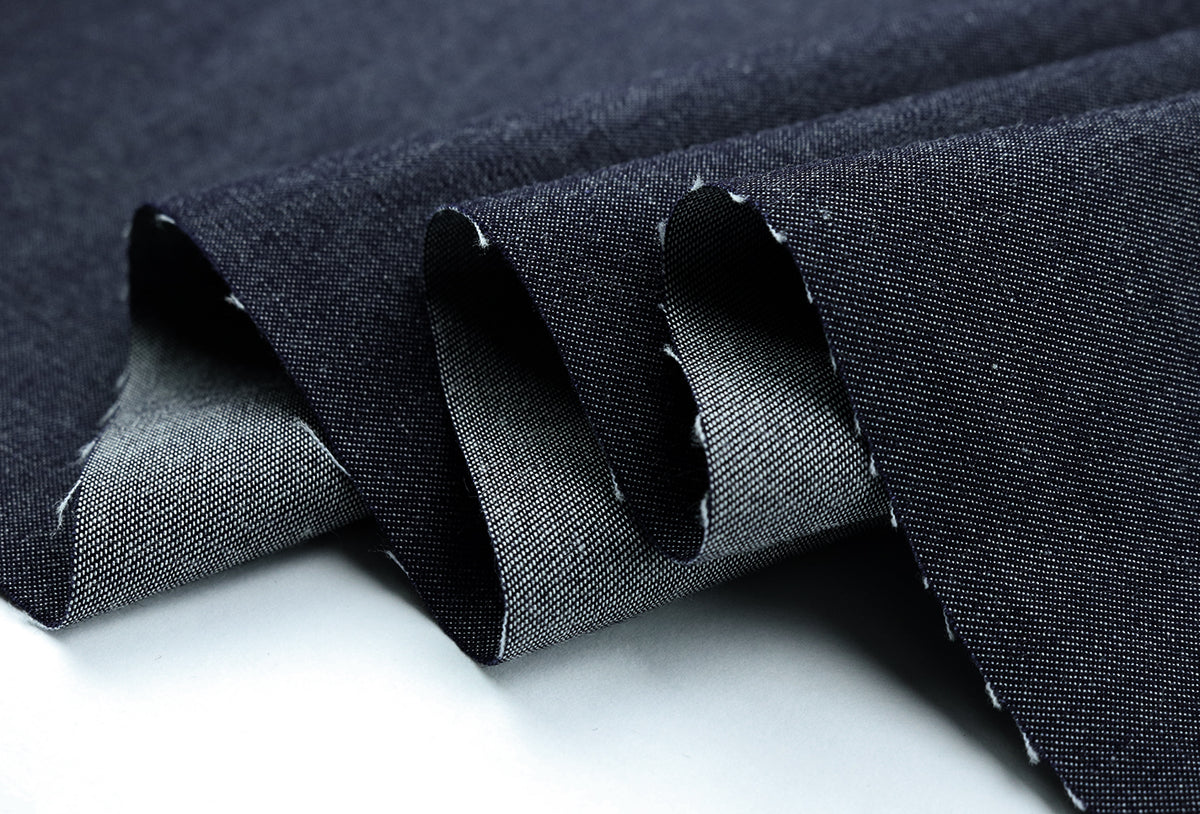
Cultivating Timeless Style
Denim
Denim is a robust fabric that can withstand frequent wear, but proper care can prolong its lifespan. Machine wash denim items inside out with cold water and mild detergent. Avoid using bleach. Tumble dry on a low heat setting or air dry. To preserve the indigo dye, wash denim items as infrequently as possible.
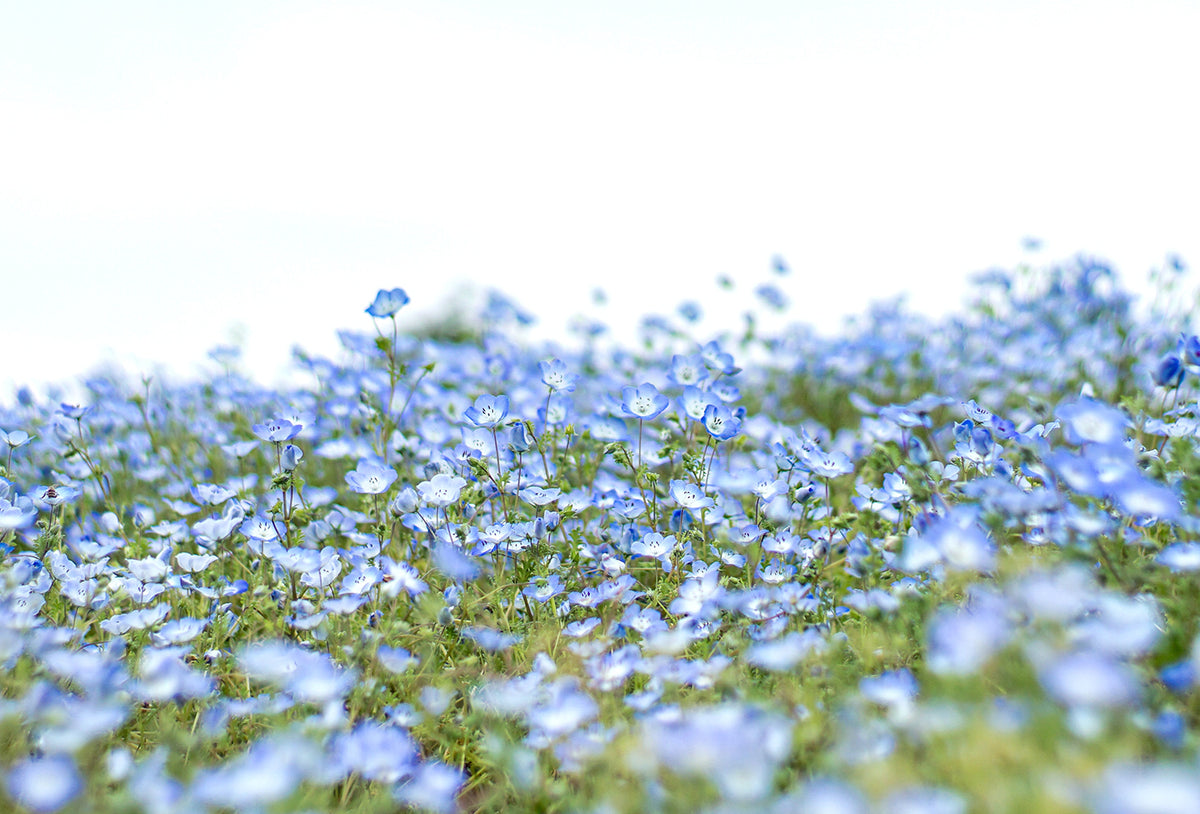
A Breath of Fresh Air
Linen
Linen, woven from the fibres of the flax plant is known for its breathability, making it a firm favourite for our summer collections. There is simply not a better fabric for warm weather as linen keeps you beautifully cool in the heat. Both in its purest form and combined with other fibres, linen has a timeless appeal, and if cared for properly can last a lifetime. Sahara's linens can be hand or machine washed in 30 degree water using a mild, non biological detergent. Linen can be hung to dry or laid flat on a towel. Our waffle linens like to be tumble dried on a warm (not hot) setting to maintain their unique 3D quality. Flat weave linens can be ironed on a low to medium heat setting while the fabric is still slightly damp to remove creases. Once dry, embrace the subtle creases that are inherent to the linen look, they are an integral part of its charm!
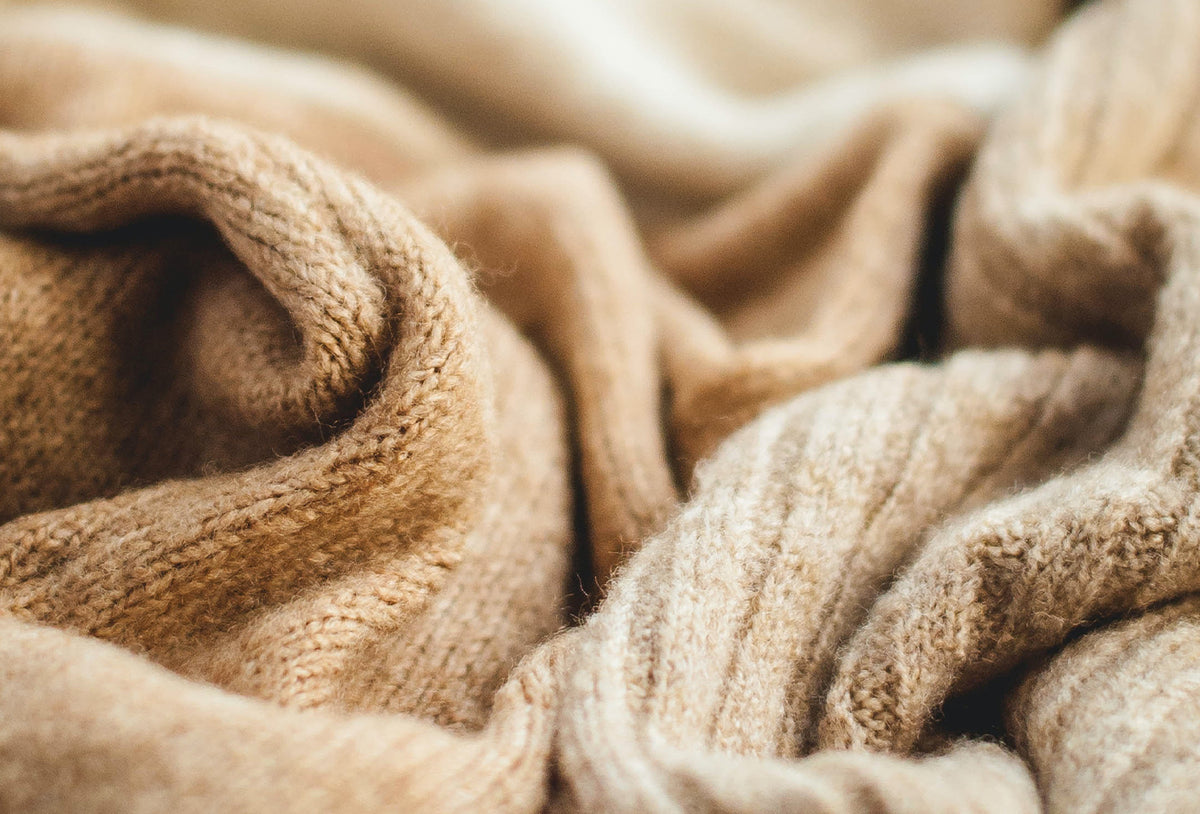
Nurturing Warmth & Texture
Wool
Wool, one of nature's finest fibres needs little introduction. Delivering impeccable warmth, softness, moisture regulation and durability, it requires some special care to retain its softness and keep moths at bay. Hand-wash woollen garments using cool water and a gentle wool detergent. Do not wash in hot water or the fibres will contract and your garment will shrink. Wool does not like to be spun or rubbed vigorously during hand washing as the fibres can matt. Gently squeeze out excess water and reshape your wool while damp. Dry flat on a towel away from direct sunlight.
Moths just love wool! To protect your most treasured pieces, store your woollen garments in a sealed bag if possible and keep your wool clean and completely dry. Use cedar wood or lavender sachets in your cupboards, as moths tend to dislike these scents. To treat moth affected garments, freeze your woollen items for 48 hours and treat your storage area to prevent moths from returning. Vacuum packing your wool during the summer season is a good way to keep your garments protected and save space!
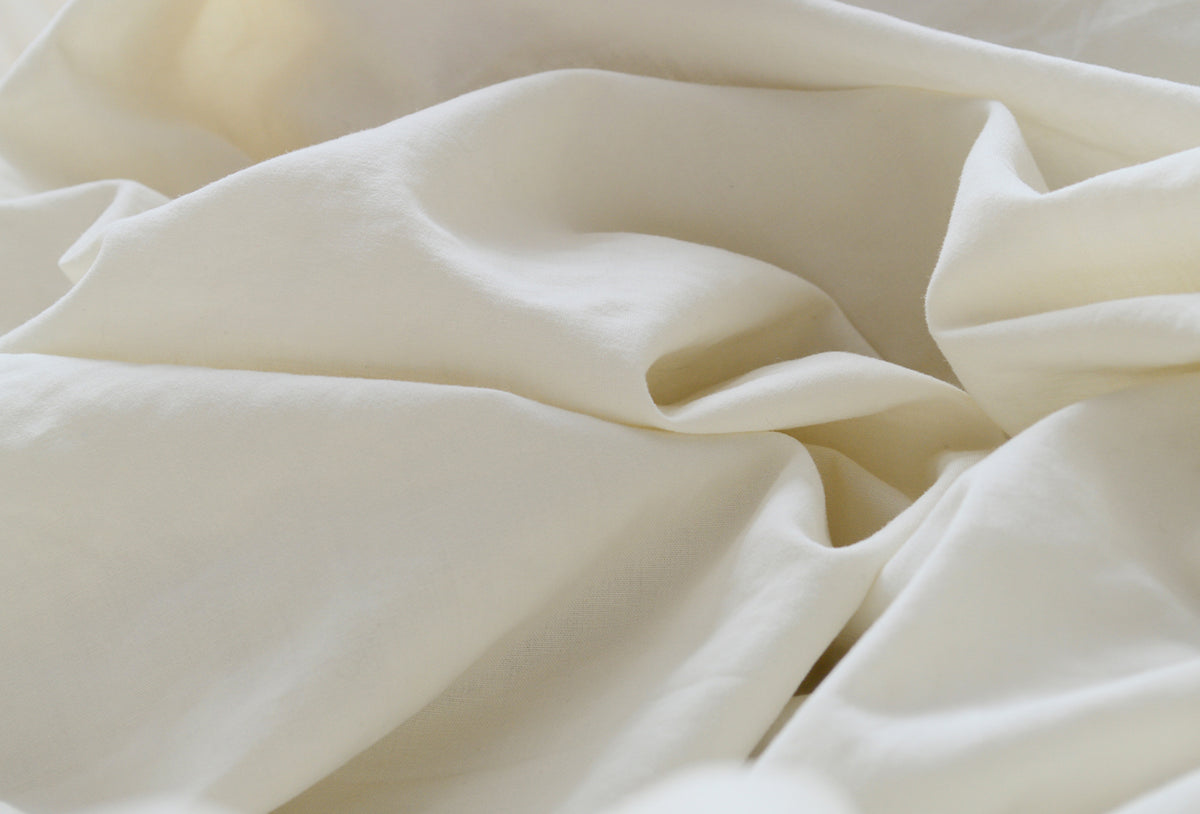
Resilience & Ease
Polyester
Polyester, a synthetic fibre engineered for clothing production, boasts exceptional resilience, colour retention, and quick-drying properties, making it ideal for the wear and tear of everyday life. Polyester garments are known for their durability and easy maintenance. Machine wash on a gentle cycle with cold water using a mild detergent. Tumble dry on a low heat setting or air dry. Polyester is generally wrinkle-resistant, but if needed, iron on a low heat setting.

